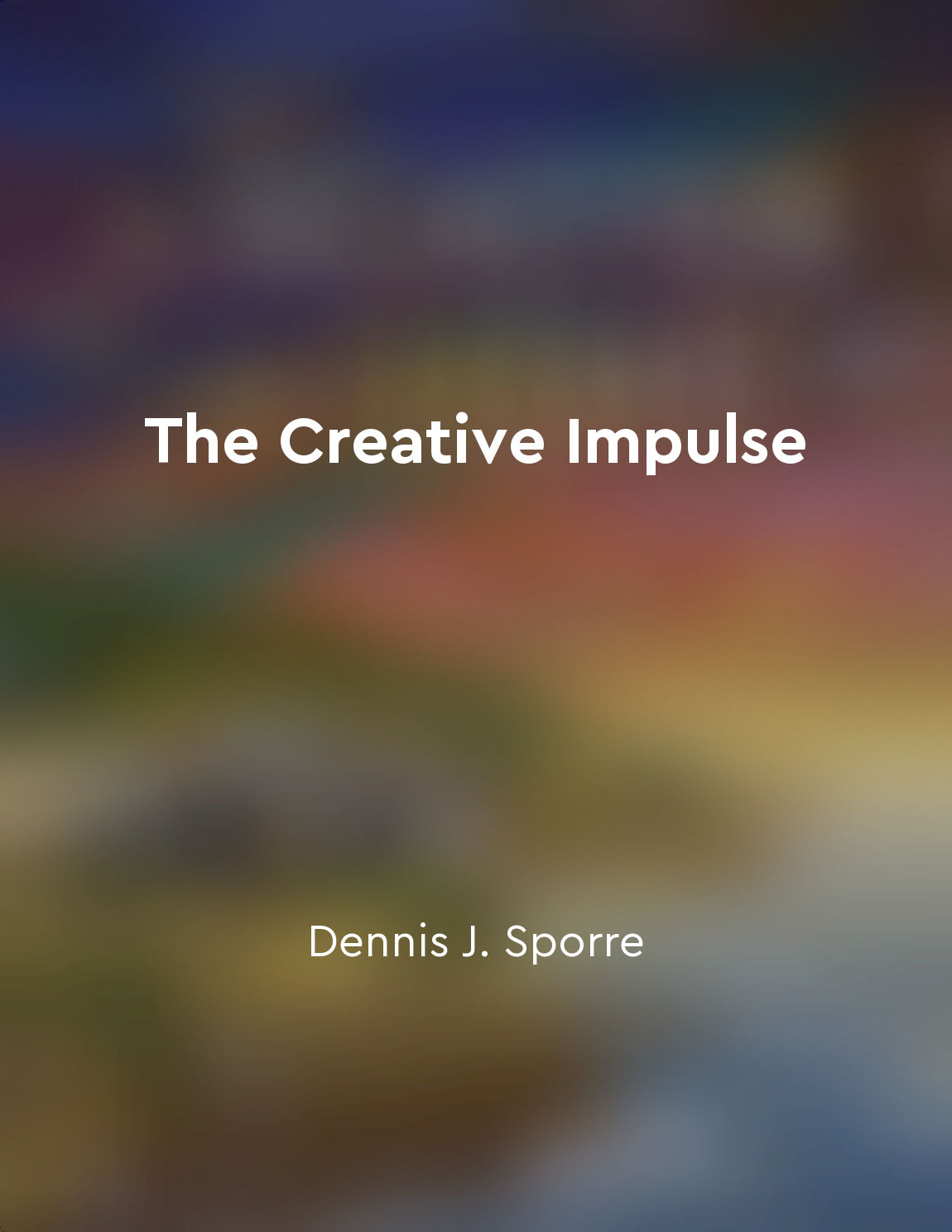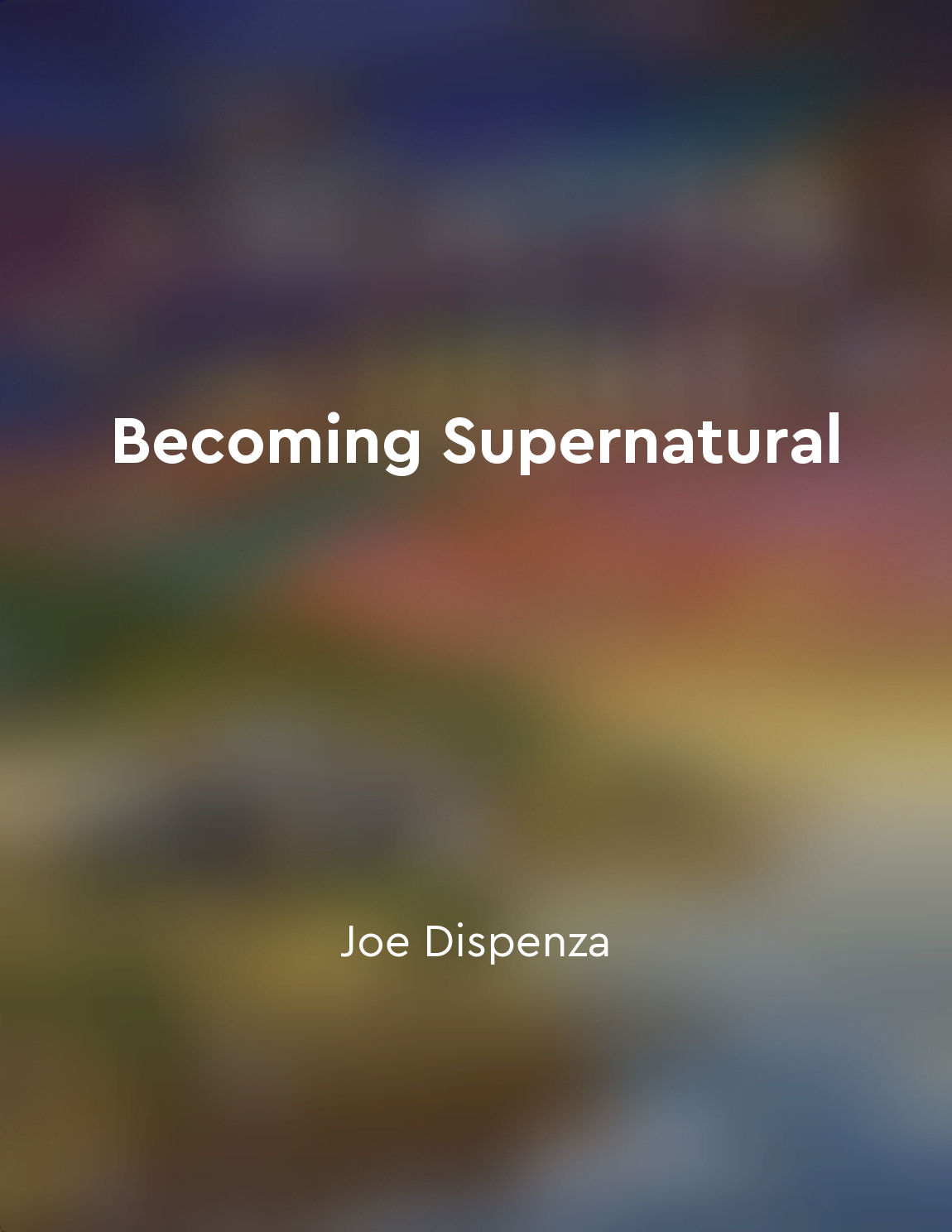Audio available in app
Quantum effects explain creativity and intuition from "summary" of Quantum brain by Amit Goswami
Quantum physics has provided us with a new way of understanding reality, one that challenges the traditional materialist viewpoint that has dominated scientific thinking for centuries. Within this new framework, we can begin to make sense of phenomena that were previously dismissed as mere flukes or coincidences. Creativity and intuition, often seen as mysterious and inexplicable aspects of human experience, can now be understood through the lens of quantum effects. When we think of creativity, we tend to imagine artists, musicians, and writers tapping into some kind of divine inspiration to produce their works. But what if creativity is not some mystical force that descends upon us from above, but rather a natural expression of our quantum nature? According to quantum physics, at the most fundamental level, everything in the universe is made up of energy and information. Our brains, too, are composed of particles that follow the laws of quantum mechanics. Within the framework of quantum physics, creativity can be seen as the process of tapping into the vast field of possibilities that exists on the quantum level. When we engage in creative activities, we are essentially collapsing the wave function of potentiality into a concrete reality. This act of observation and choice is what gives rise to new ideas, innovations, and artistic creations. In this way, creativity can be understood as a quantum dance between the observer and the observed. Intuition, on the other hand, is often described as a gut feeling, a hunch, or a sense of knowing that goes beyond rational thought. From a quantum perspective, intuition can be seen as a form of non-local information processing, where we access knowledge that is not limited by time or space. Quantum entanglement, a phenomenon where particles become interconnected regardless of distance, provides a possible explanation for how intuitive insights can arise seemingly out of nowhere. By embracing the principles of quantum physics, we can begin to see creativity and intuition not as mysterious gifts bestowed upon a chosen few, but as natural abilities that are inherent to our quantum selves. By understanding the quantum effects that underlie these phenomena, we can unlock the full potential of our minds and harness the power of our consciousness to create, innovate, and intuit in ways that were once thought to be beyond our reach.Similar Posts
Criticism is essential for progress
Criticism is not just beneficial for progress; it is essential. It is through criticism that we are able to identify errors and...

Creativity has the potential to transform both individuals and society as a whole
Creativity, with its ability to spark innovation and bring about new ideas, holds immense power in shaping not only individuals...
The cosmological constant may drive the universe's accelerated expansion
According to our current understanding of the universe, the expansion that began with the Big Bang continues today. Scientists ...
The relationship between music and mathematics is explored in the game
In the game, the scholars engage in a complex and intricate exploration of the connections between music and mathematics. Throu...
Bell's theorem proves nonlocality in quantum mechanics
Bell's theorem is a significant result in the realm of quantum mechanics, shedding light on the concept of nonlocality. It addr...
Intuition guides creative individuals
The creative process is a mysterious and intricate phenomenon that is often difficult to fully comprehend. However, one key asp...
The implications of a successful theory of everything
The quest for a theory that unites all of the fundamental forces of nature has long been a central goal of theoretical physics....

Embracing the power of forgiveness
The concept of forgiveness holds immense power in our lives. When we hold onto grudges and resentment, we allow negative emotio...
The creative mind is a dynamic and everevolving entity
The creative mind is like a living organism, constantly in motion and evolving. It is never stagnant or fixed in one state, but...
